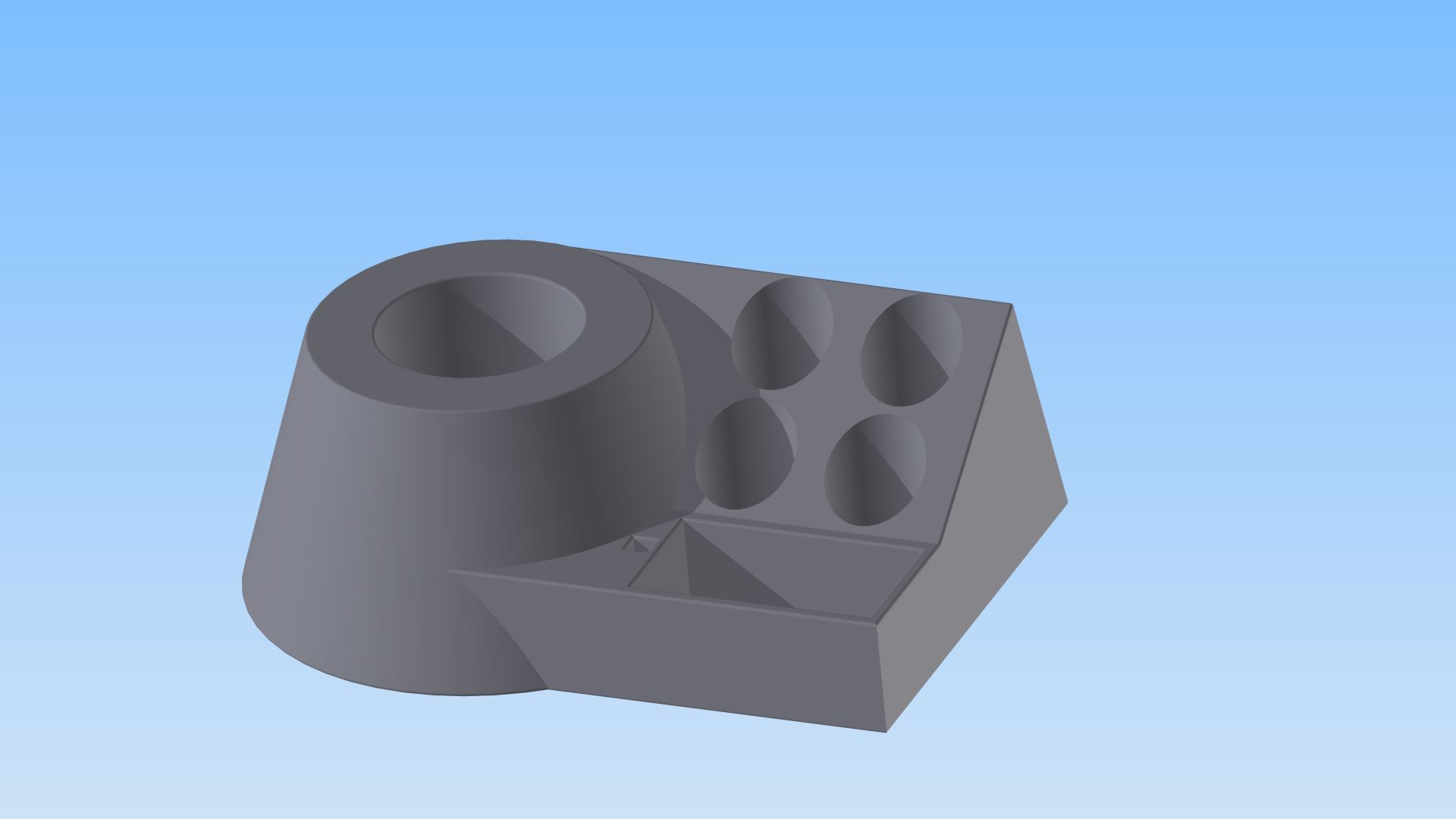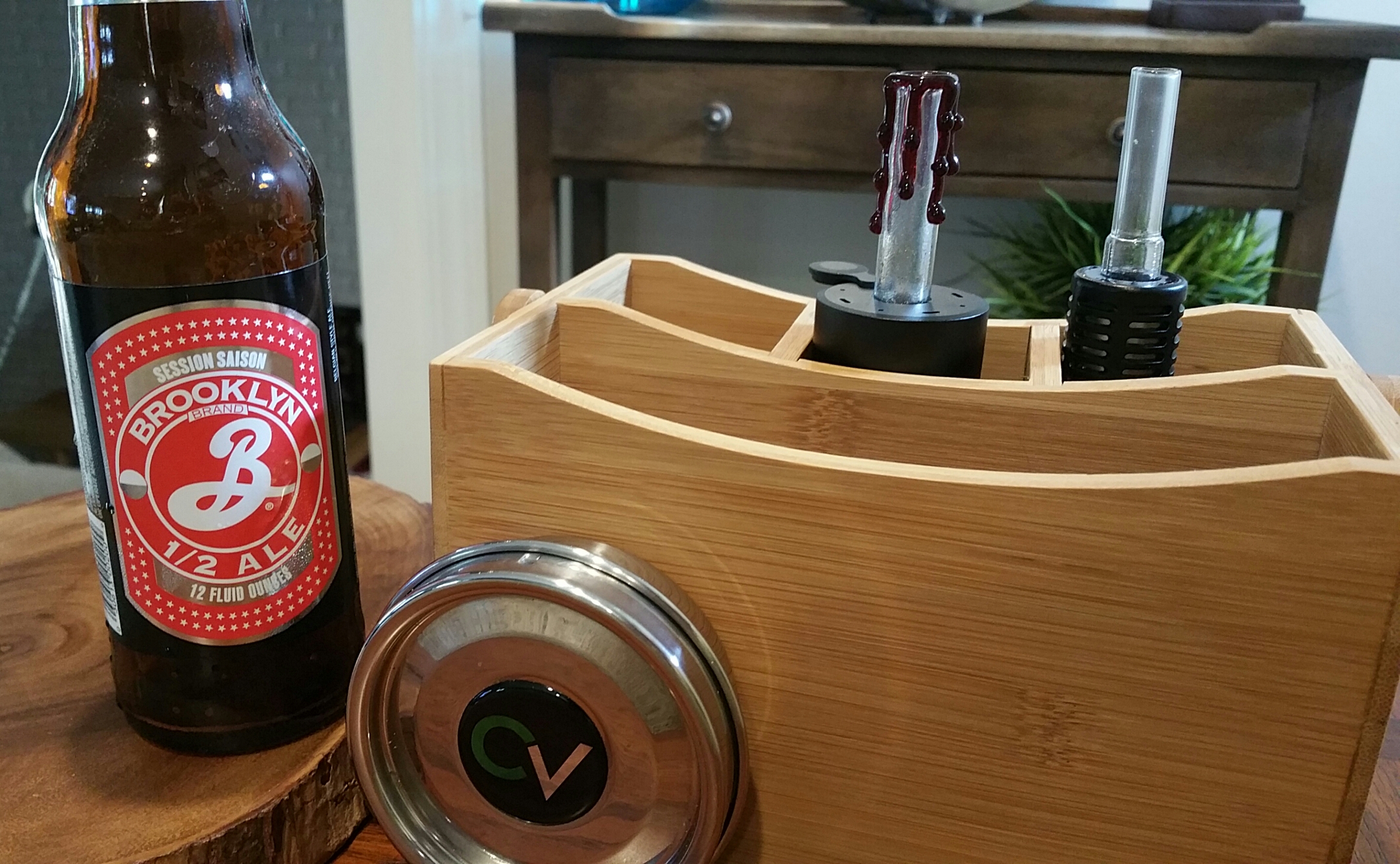Aimless Ryan
Came to read about grinders; fucked combustion
So does anyone think the halogen lightbulb of my Aromed might do the job? Or what about keeping herbs in a warm oven for a while?
Do you think the dark surface of the cast iron affects the results more positively than if it wasn't dark?
Sorta unrelated: Most people think seasoning pizza pans is about creating a nonstick surface on the inside or top of the pan, but it's actually about giving the bottom (or outside) of the pan a dark surface, to make it absorb heat faster, which most efficiently bakes your pizza. To be even more efficient, you don't use a pan, and instead you bake directly on hot stone (like NY style). (The pan in my profile pic is merely a serving tray.)
EDIT: If anyone reading this may be in the market for a pizza stone, here are some very useful tips:
First thing I do when I'm thinking about buying something I don't know much about is read the negative reviews. Sometimes they tell you everything you need to know. And sometimes you read the reviews because you already knew there would be a ton of these horrible reviews, even though you've never used the product. It's funny for me to read what people say in these reviews, partly because most of the reviewers obviously have no idea what a pizza stone even does, yet so many of them act like they know a lot. No, if you knew anything, you wouldn't have bought it.
Do you think the dark surface of the cast iron affects the results more positively than if it wasn't dark?
Sorta unrelated: Most people think seasoning pizza pans is about creating a nonstick surface on the inside or top of the pan, but it's actually about giving the bottom (or outside) of the pan a dark surface, to make it absorb heat faster, which most efficiently bakes your pizza. To be even more efficient, you don't use a pan, and instead you bake directly on hot stone (like NY style). (The pan in my profile pic is merely a serving tray.)
EDIT: If anyone reading this may be in the market for a pizza stone, here are some very useful tips:
- Don't even consider paying anywhere near $100 (or even $10) for a 1/4" pizza stone. I find 1/2" ideal for baking at home, and 1/4" WILL break; possibly the first time you use it. (Before I really knew my shit, I went through at least three 1/4" stones.)
- Don't even consider buying a stone which the manufacturer recommends never using at temperatures above 450°. Pizza stones really aren't even useful until they're above 450°, and a quality stone will be able to handle any pizza baking temperature easily without breaking (1000°F or more). If you buy a pizza stone with such a temperature warning, it will break (because it's worthless). Consequently, I think it's freaking hilarious that people keep buying them, even though there are countless reviews from people who say their very expensive/worthless 1/4" PAMPERED CHEF stone broke. (I haven't been able to find the Amazon listing yet for the stone I'm thinking of. Might be this one: http://www.amazon.com/The-Pampered-Chef-Large-Handles/dp/B0012UKXCC. If so, I'm pretty sure this thing used to be priced at $90. Worthless.)
First thing I do when I'm thinking about buying something I don't know much about is read the negative reviews. Sometimes they tell you everything you need to know. And sometimes you read the reviews because you already knew there would be a ton of these horrible reviews, even though you've never used the product. It's funny for me to read what people say in these reviews, partly because most of the reviewers obviously have no idea what a pizza stone even does, yet so many of them act like they know a lot. No, if you knew anything, you wouldn't have bought it.
Last edited:

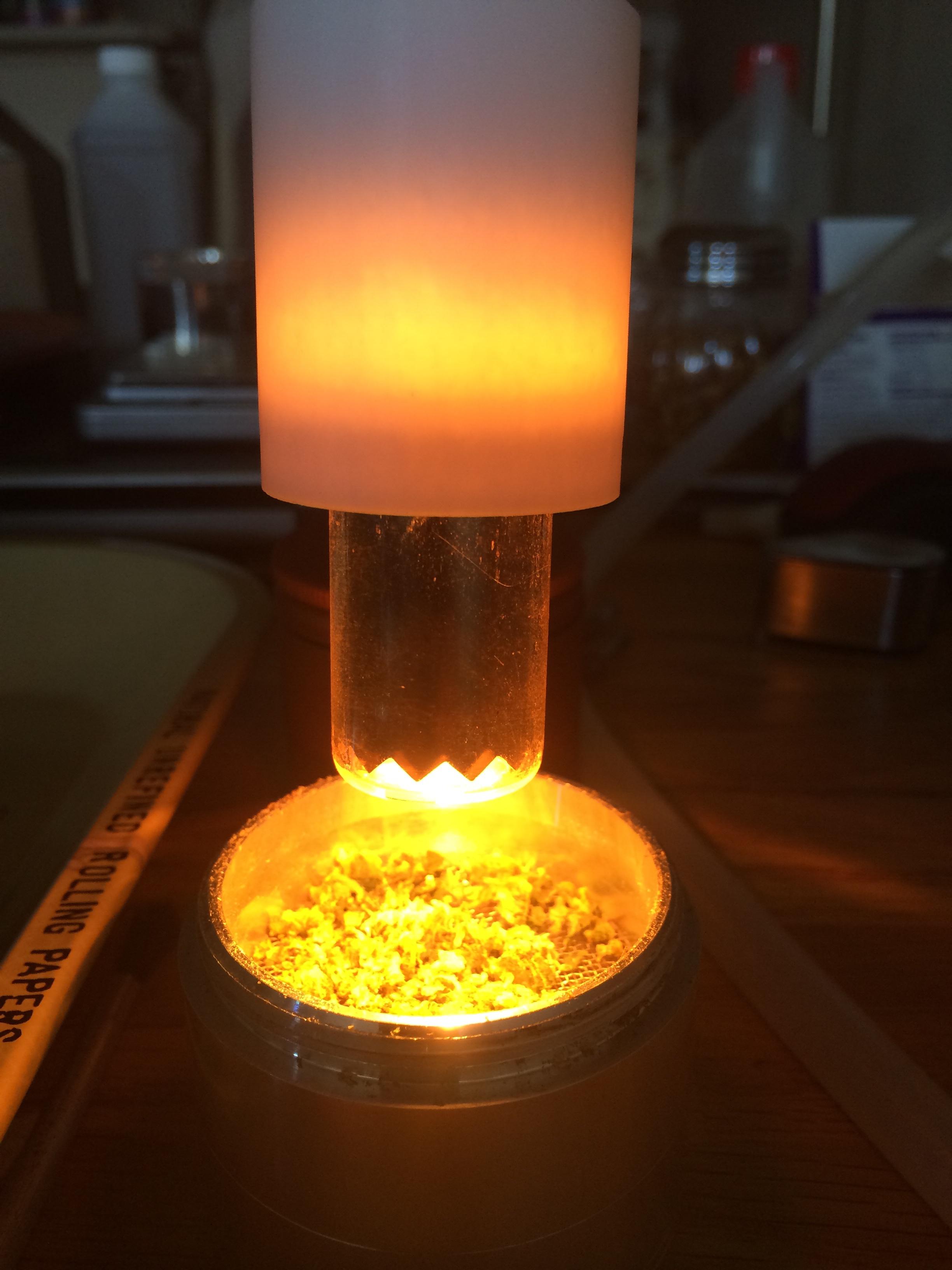
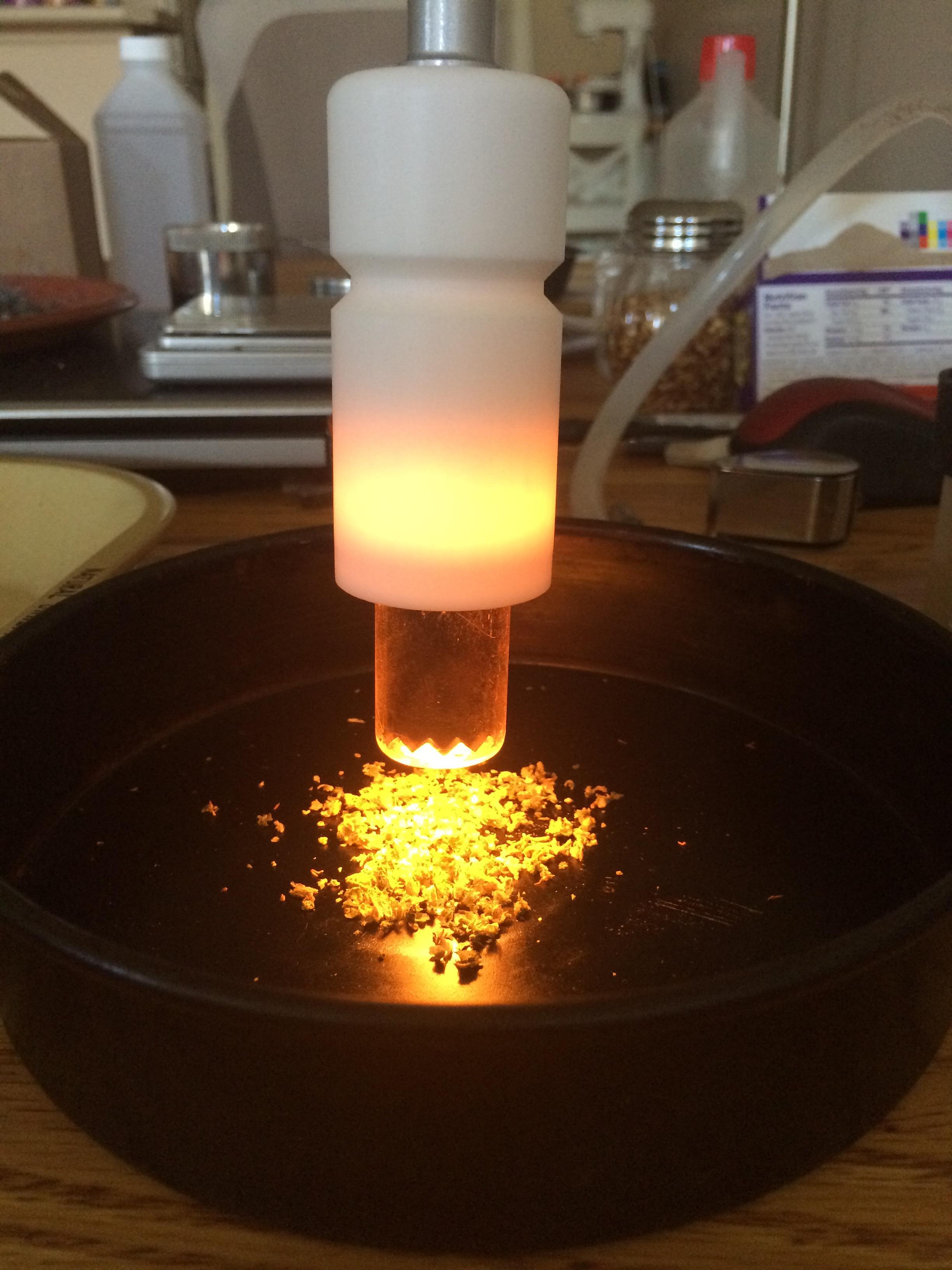
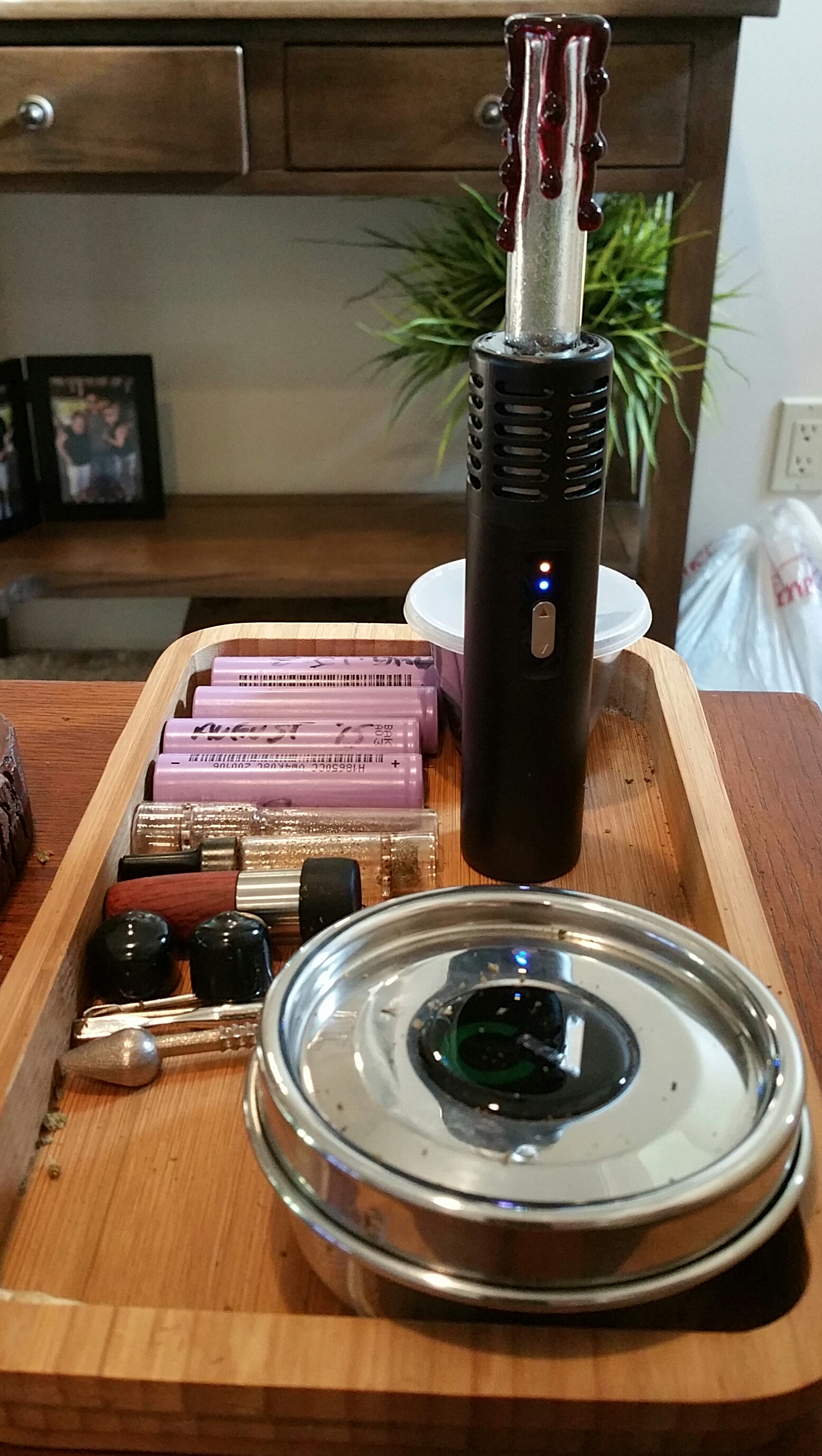

 The station has space for the AA of course, four stems, the stir tool and a small space for the caps, screens and other stuff. I don't really need this, but i think it looks cool. Now i can change the room without searching for any parts or having everything loose in a bag or box.
The station has space for the AA of course, four stems, the stir tool and a small space for the caps, screens and other stuff. I don't really need this, but i think it looks cool. Now i can change the room without searching for any parts or having everything loose in a bag or box.